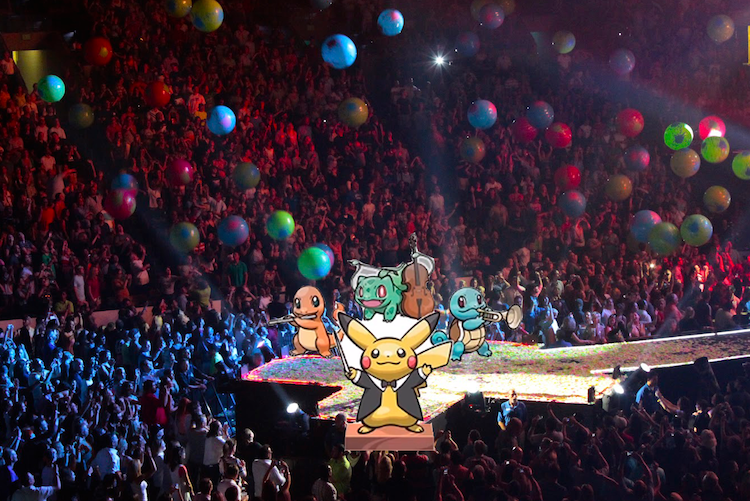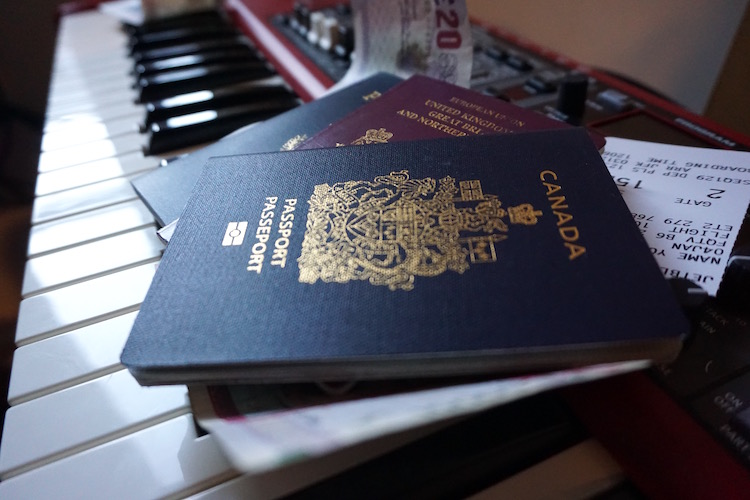
Legendary bluesman B.B. King died yesterday, and we’ll miss him. His bright, bouncy guitar licks and gospel-influenced vocals were iconic — even if you hadn’t listened to him in a while, his music was universal. Dig deep enough and everyone has a B.B. King memory. King was our last living thread to the golden age of Mississippi Delta blues — in fact, he may have been one of the main connectors bringing that type of blues to the national consciousness by giving it a livelier, R&B feel.
I saw B.B. King play a number of times. I remember my stepdad taking me to a show in middle school, as well as seeing him play with Phish in high school at New Year’s. He always came across as this elder statesman of the blues, a total icon who was less interested (at least at this point in his career) in innovating as just rocking out on a great melody line. And he was still doing that right up until he died — the first signs that something was wrong came when he canceled his shows in December and January from exhaustion (the man was 89 years old!).
Looking back at B.B. King’s life, there’s an obvious lesson that jumps out to me for aspiring musicians and bands playing today. In the music industry, I hear so many people talking today about the challenges in the music industry: streaming has killed the ability of musicians to make money; it’s a flooded market; there’s no way to make it as a musician anymore.
Whatever the challenges we musicians face today, I promise you B.B. King faced more. King went from poor sharecropper who taught himself guitar to multi-millionaire celebrated in the Rock and Roll Hall of Fame. He overcame systemic racism playing a type of music that not a lot of people were listening to and very few labels were paying for. And he did it through grit and hustle.
King got his start as a DJ in Memphis. He found a side route into the industry, a path that was adjacent to his goals rather than simply banging his head against the wall of performing. This also allowed him to spin his own tunes and have the connections he needed when he started recording his own stuff.
But even from there it was no easy journey. B.B. King famously played between 200 and 300 shows a year, right up until last year. In other words, this guy toured three-quarters of the year for 60+ years. He still didn’t really achieve mainstream success until “The Thrill is Gone” in 1970 — about 20 years after he started recording and performing original music (though the initial 20 years of work and recordings allowed him to achieve this hit).
The truly amazing thing is that, despite all the challenges he faced and the long road, B.B. King made it through. It takes time and it takes hustle, but if you keep at it and get creative, it’s definitely possible to make music for the rest of your life, no matter what the challenges are. Most of all, just keep playing the music you love.
Thanks, B.B. King, for the inspiration. R.I.P.



